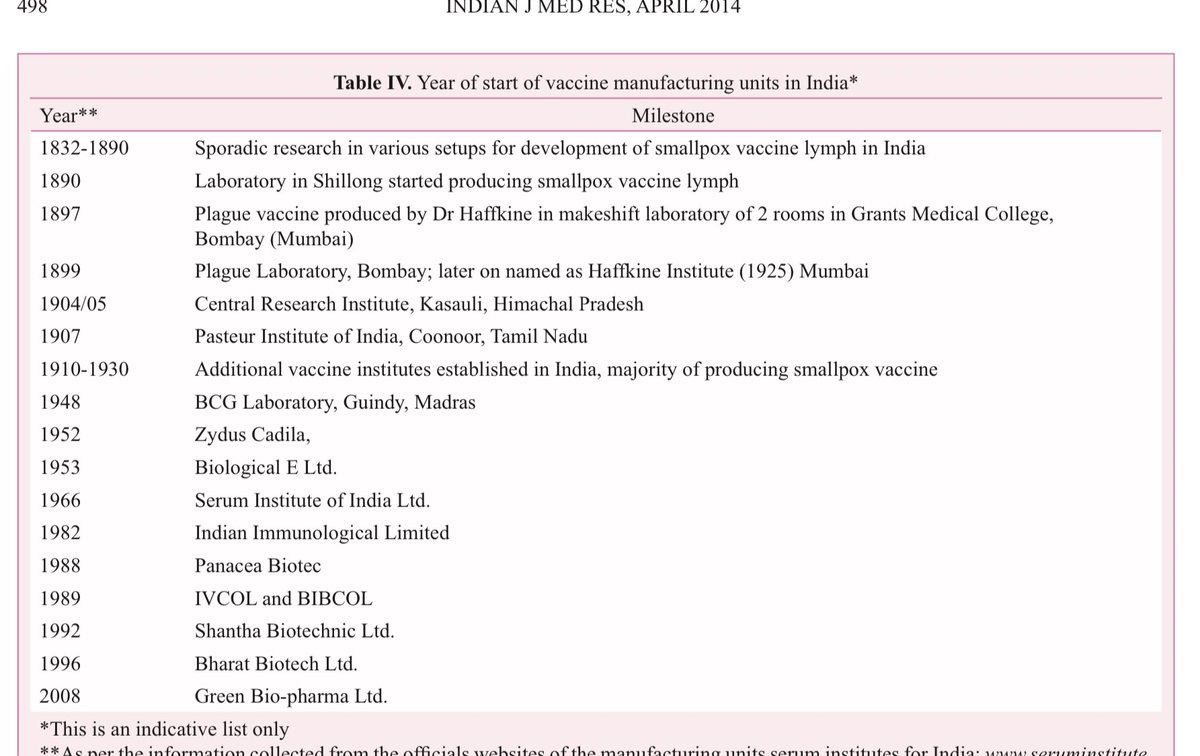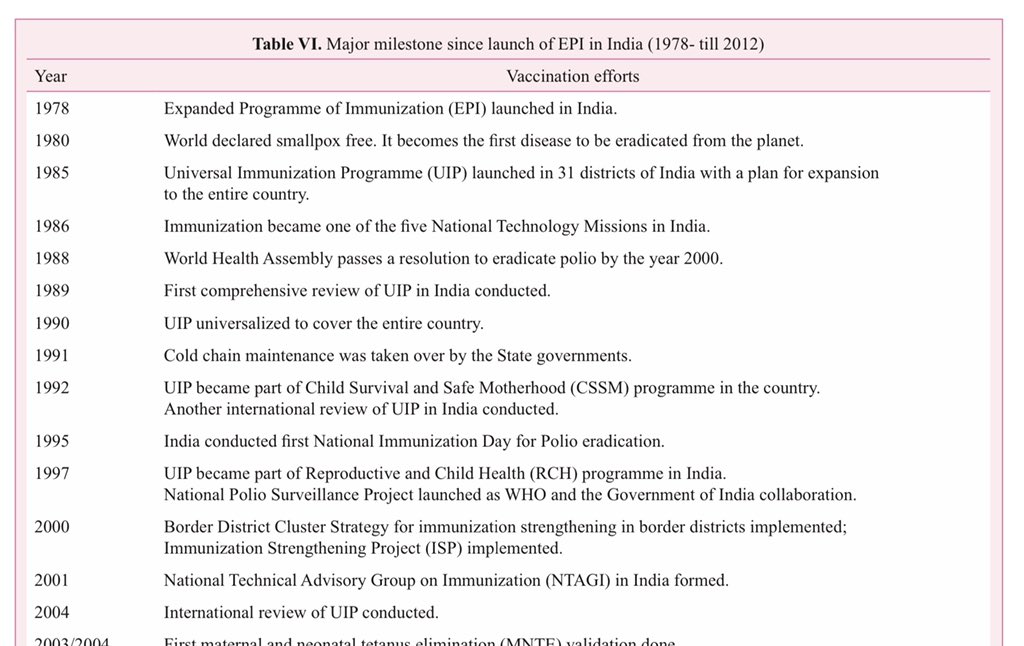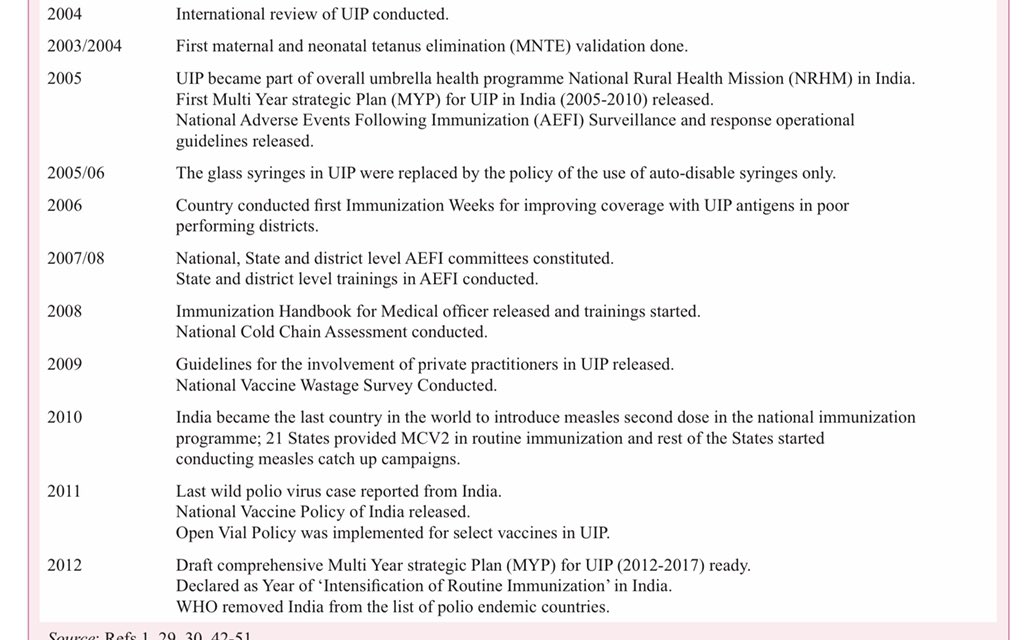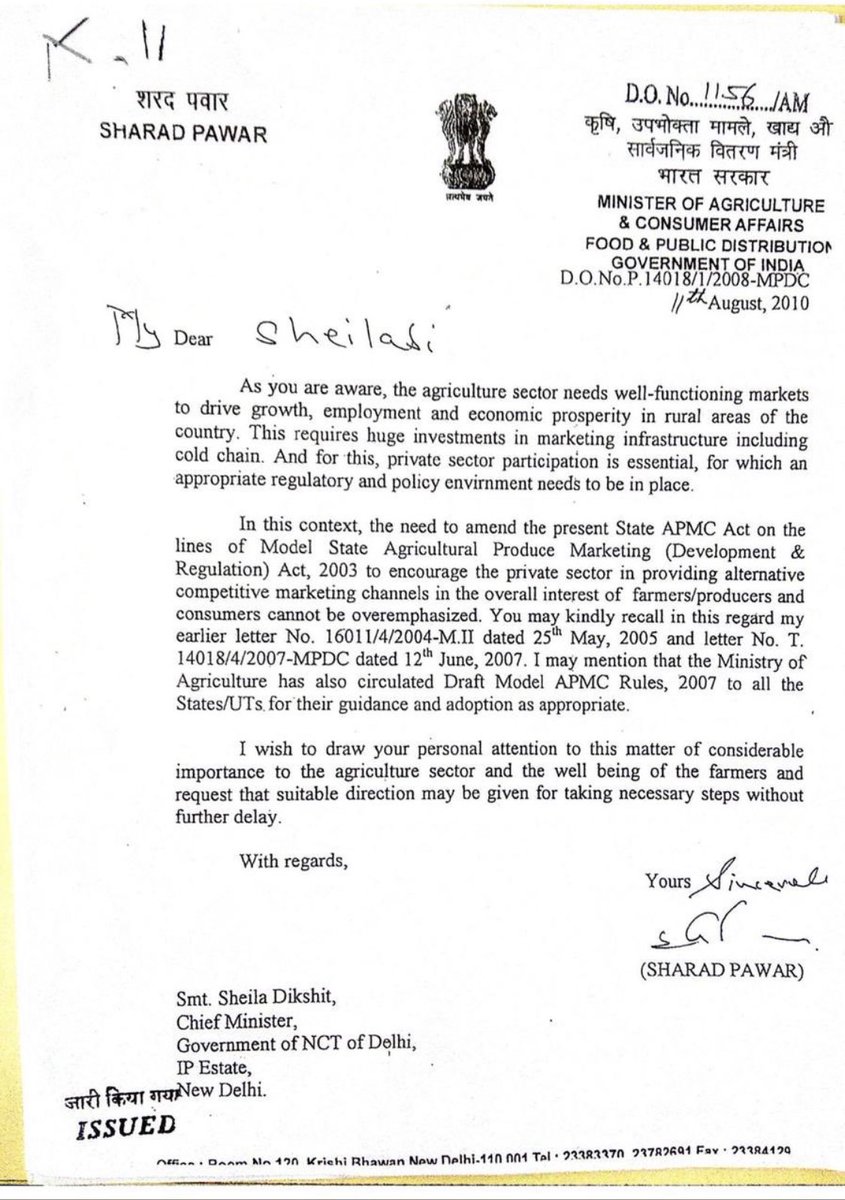
I oppose the removal of subsidy in Parliament canteen.
For heaven’s sake, it doesn’t just cater to MPs, but to over 8000 staff & 3000 security persons too.
Offices, whether govt or corporate, often cater subsidised food.
Good affordable canteen is a right of employees.
1/n
For heaven’s sake, it doesn’t just cater to MPs, but to over 8000 staff & 3000 security persons too.
Offices, whether govt or corporate, often cater subsidised food.
Good affordable canteen is a right of employees.
1/n
Affordable canteens are a right of employees, just like crèche.
Whether in Tech companies like Google or in Courts, in Army or ONGC, media offices or universities - subsidised canteens are a norm.
Why throw out a basic right of employees in name of anti-politician populism? 2/n
Whether in Tech companies like Google or in Courts, in Army or ONGC, media offices or universities - subsidised canteens are a norm.
Why throw out a basic right of employees in name of anti-politician populism? 2/n
And how many MPs use these canteens? 200 or 300, that too for 60-70 days a years!
Rest, they r facility for employees, media & security
The nearest restaurants are 2-3 km away frm Sansad Bhawan. Are these people supposed to step out in search of cheap food during duty hours?3/n
Rest, they r facility for employees, media & security
The nearest restaurants are 2-3 km away frm Sansad Bhawan. Are these people supposed to step out in search of cheap food during duty hours?3/n
Actually, subsidised Parliament canteens were cleverly used to underline the privileges of MPs and politicians, merely to incite hatred against them.
It was used to build public perception against democratic functionaries & institutions, portraying anything political as bad. 4/n
It was used to build public perception against democratic functionaries & institutions, portraying anything political as bad. 4/n
Constant ridicule of politicians created an acceptability for non-politicisation of politics. That is nothing but a denial of and a loss of respect for democratic norms, rights & processes.
Demand for apolitical is actually support for autocracy.
5/n
Demand for apolitical is actually support for autocracy.
5/n
No wonder now PM doesn’t address PC, yet draws no outrage. Employee rights r being taken away with little resistance. Institutions r caving in.
The passive acceptability for all this is due to Apolitical Citizenry created via hate thru seemingly innocuous things like canteen! 6/n
The passive acceptability for all this is due to Apolitical Citizenry created via hate thru seemingly innocuous things like canteen! 6/n
So coming back to canteen issue. Parliament canteen was never a privilege. It is a basic right of not just MPs, but all those working for the Parliament.
Plz don’t legitimise the thought that canteens are a luxury. It will normalise undoing of a basic right of working people.7/n
Plz don’t legitimise the thought that canteens are a luxury. It will normalise undoing of a basic right of working people.7/n
• • •
Missing some Tweet in this thread? You can try to
force a refresh







